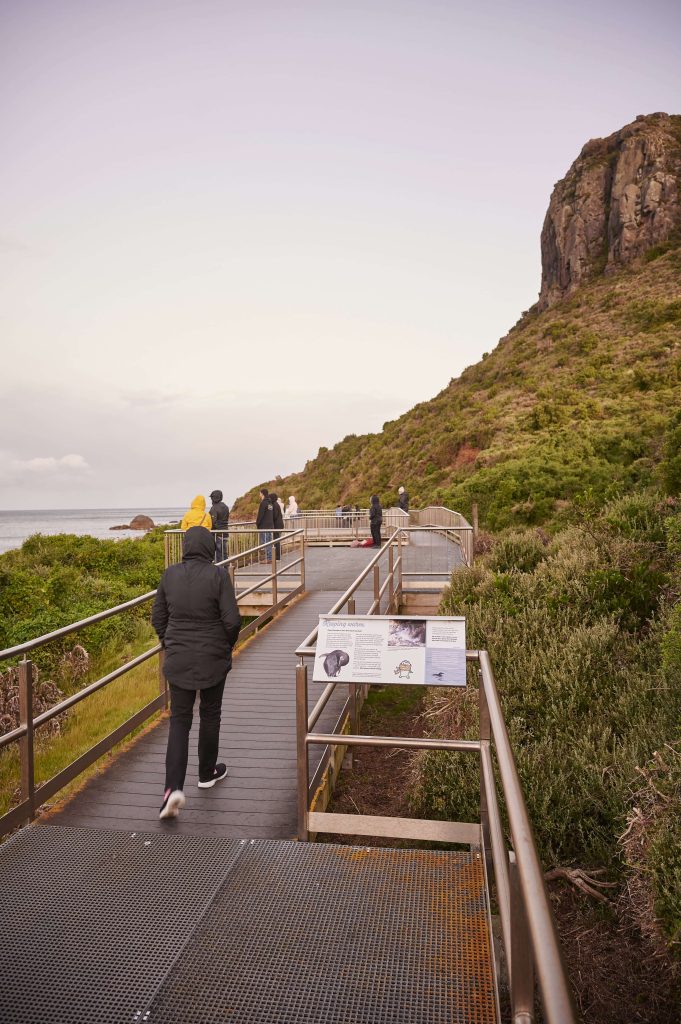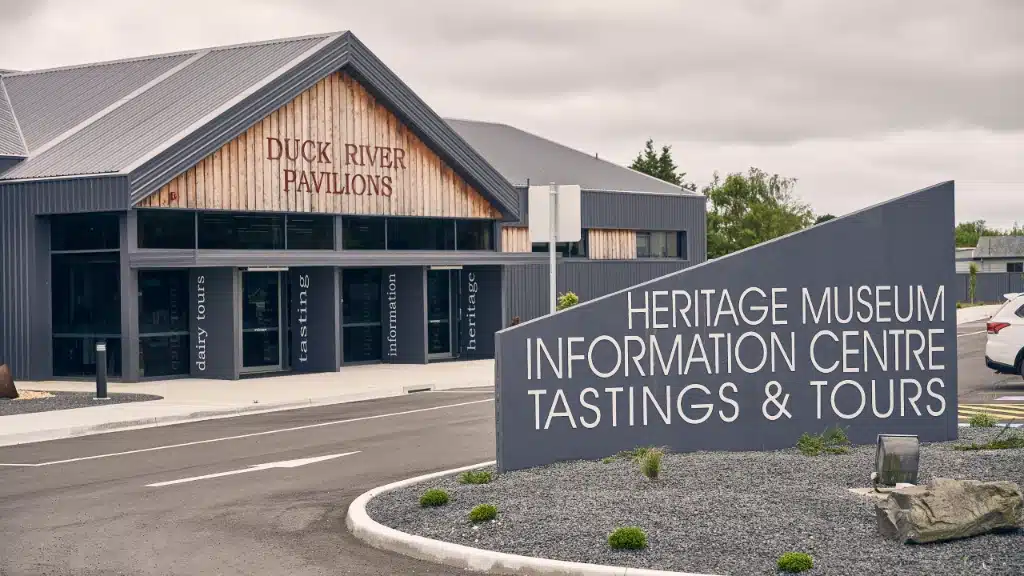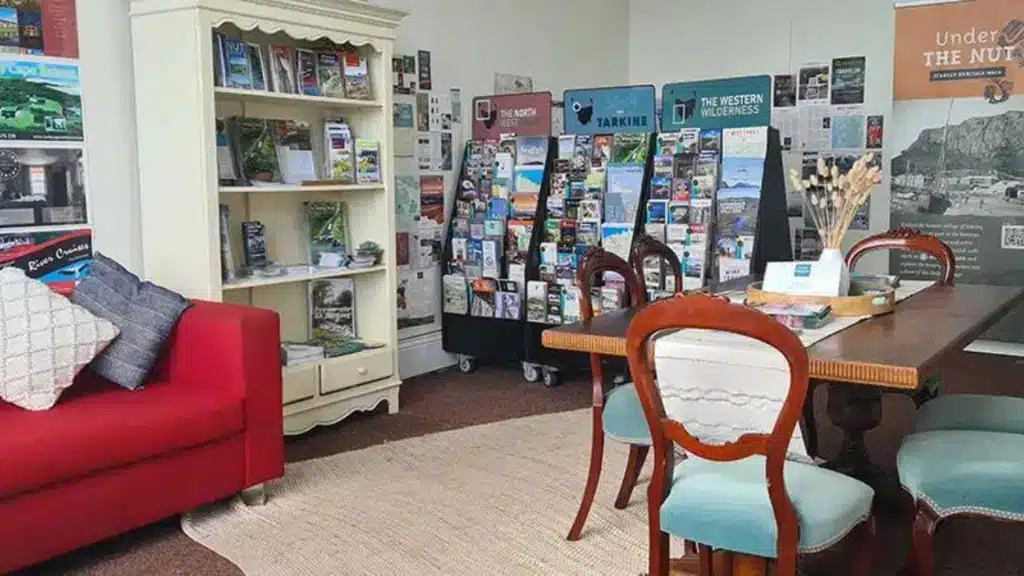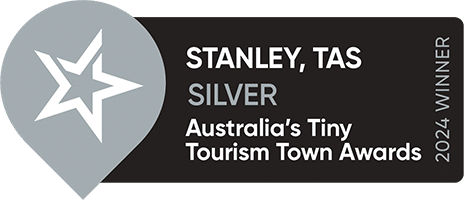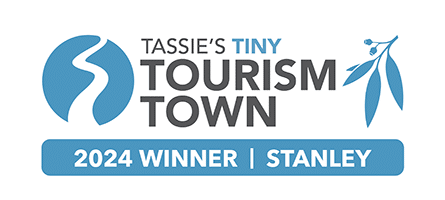Sustainable Travel Tips
Travel information
One of the great joys of visiting Tasmania is the opportunity to see wildlife in its natural habitat. Seeing a wild native animal is something special – unexpected and unpredictable.
By keeping a respectable distance from native animals and resisting the temptation to feed them, visitors can help ensure they continue to behave naturally in their habitat.
Impacts of feeding wildlife
Feeding wildlife has negative impacts on wildlife and the people who come to see them.
A few commercial wildlife parks around Tasmania offer the opportunity to pat or hold, and feed, native animals safely.
Sharing the road with wildlife
Native wildlife are particularly active in the early and later parts of the day. Some, such as Tasmanian Devils, are nocturnal and only come out at night.
Driving in the Tarkine you will pass through native wildlife habitat. Drivers, both local and visitors, are frequently reminded through advertising and roadside signage that they are sharing the road with wildlife and to slow down when driving between dusk and dawn.
Our native carnivores – devils, quolls, and raptors – are particularly vulnerable to vehicle strike because they use roadkill as a source of food. Also, devils are particularly hard to see at night and our raptors, such as the endangered and enormous wedge-tailed eagle, are slow to take flight.
Virtual fence devices have been installed at the side of roads where Tasmanian devils are active. The devices are activated by approaching headlights, which causes them to emit sound and light stimuli and alert animals to oncoming traffic. Regardless of this, we still urge motorists to drive slowly between dusk and dawn.
Injured and orphaned wildlife
In the case of assisting injured animals on the road, stop only if it is safe to do so. The injured animal may be able to be treated.
Female marsupials may have pouch young which can be saved. Injured and orphaned animals require special treatment.
Keep the animal in a warm, dark place when transporting it and contact the Bonorong Wildlife Rescue on 0447 264 625 (all hours) or 1800RAPTOR (1800 727 867) for injured or dead birds of prey. Instructions may be provided via a recorded message.
Please note: Bonorong Wildlife Rescue and Raptor Refuge are privately run, volunteer-based rescue service operating Tasmania-wide.
Protecting our Little Penguins
- Do not touch or disturb the wildlife
- Keep at least 5m away from Penguins
- No flash or white light photography around the penguins
- Keep pets away from wildlife
- Be quiet whilst viewing the penguins
If you see anyone harassing the penguins or stray dogs in the area, please contact:
Parks and Wildlife Stanley Field Centre
Phone: 6458 1480
Or
NRE Investigation and Enforcements
Hotline: 0417 661 234
If there is an injured penguin contact:
Penguin Rehab and Release
Ecofriendly (or sustainable) travelling means conserving natural resources, supporting local cultures and making a positive impact on our Tarkine destinations.
We believe that it is a special privilege to visit this delicate and immensely important environment, so we observe minimal impact track practices. We ask that you tread lightly, leaving nothing behind. This minimal impact use of the wilderness means that the values of this fragile environment are preserved for the future, while enabling people to enjoy and understand it today.
When considered with the Tasmanian Wilderness World Heritage Area, the Tarkine forests are the second largest tract of mature coastal temperate rainforest in the Southern Hemisphere.
It is not just the forests that are distinctive. Underneath and on the edges of the callidendrous rainforest are rare magnesite karst systems, making the Tarkine a site of national significance for geoconservation.
The following includes a few sustainable travel tips that will go a long way in preserving our beautiful Tarkine and other sensitive ecosystems.
Support local
Purchase and enjoy local products by purchasing from:
- local shops
- farmers and farmers co-ops
- food markets
- when at a restaurant eat local cuisine and drink local wines… we have some of the best
Transport
- Share a vehicle where possible
- keep the vehicle’s tyres properly inflated
- carbon offset your travel… air, sea, or road
Reduce, reuse and recycle
Try to reduce your dependency on plastics and participate in recycling.
Hit that switch
Easy ways to save energy at your lodgings are:
- regulate the heating accordingly
- leave doors and windows closed when heating
- reuse sheets and towels
- turn off lights and electronics when not needed
- close blinds in the summer
- allow sun through the windows in the winter
Tread lightly
Easy ways to save energy at your lodgings are:
- be mindful and protect recreation sites
- avoid sensitive and restricted areas
- remove all rubbish from your campsite when leaving
- when making a fire, only use fallen branches
